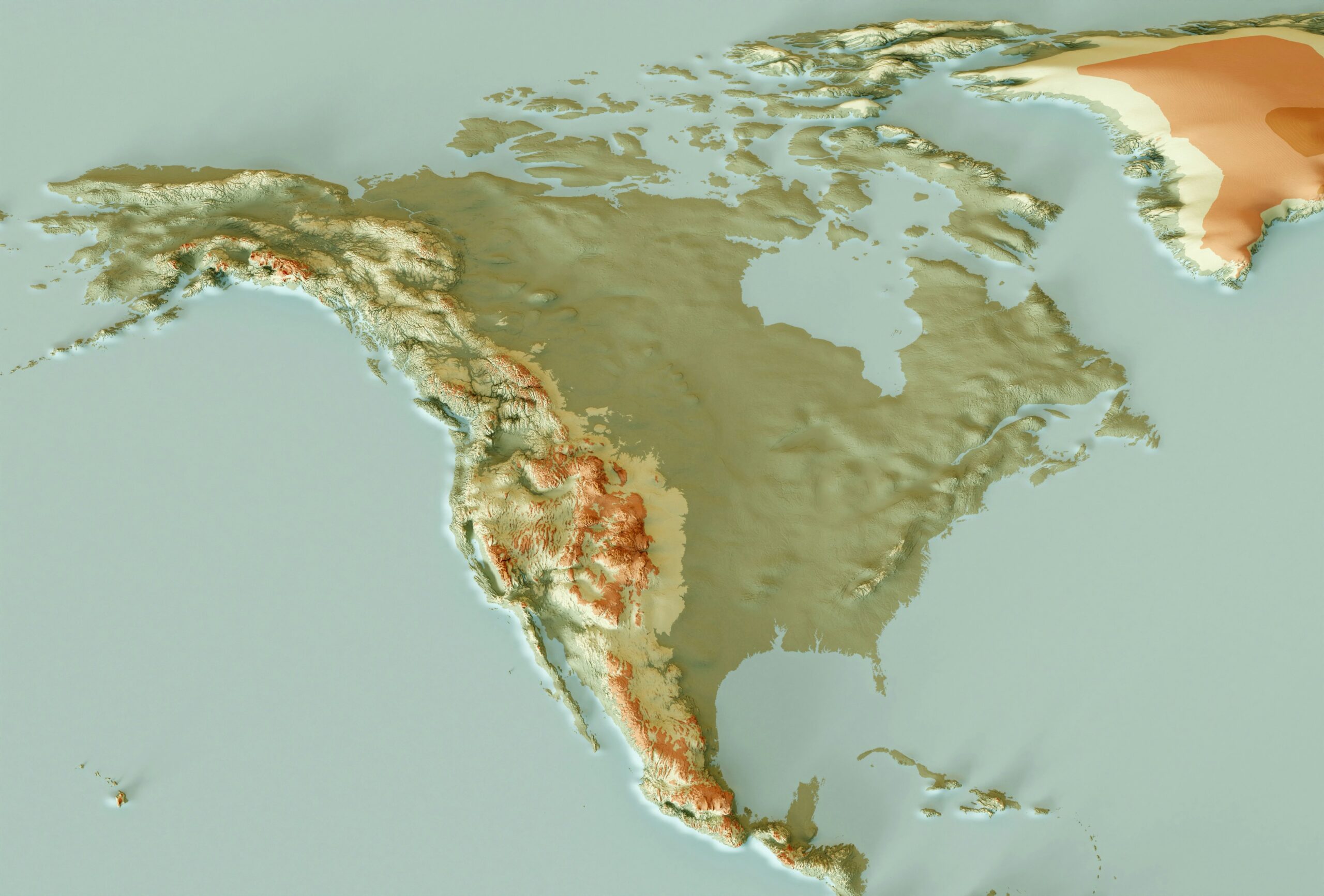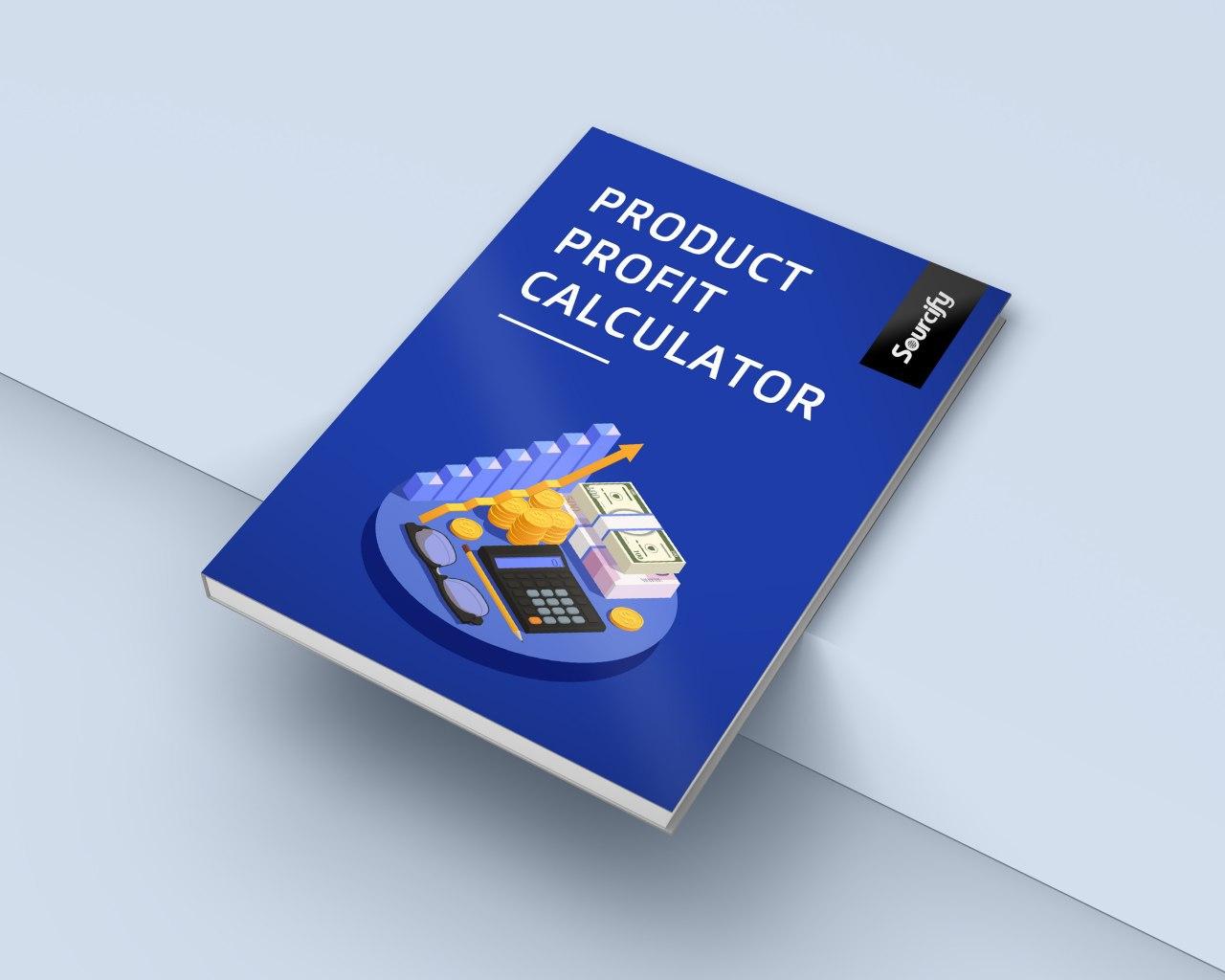How to Start and Run Your Manufacturing Facility Abroad With Kris Cody (Paka Apparel)
Kris Cody is the founder and CEO of Paka Apparel, the coziest material that wasn’t created in a lab. Their clothing is made from alpaca wool, one of the most functional and sustainable materials on earth. All their products and experiences they create support the simple mission: “Consumers and creators made equal.”
In This Podcast:
- Paka’s origin story
- The first product
- Building and operation a manufacturing facility in Peru
- Listening to customer needs – Making new products
- Paka’s #1 disaster story
Now, let’s dive right in!
The Inception Of Paka Apparel – A Journey Through South America
Kris started Paka after taking a year to work in South America. He returned to the US with an alpaca wool sweater. Everywhere he took it, people would always ask how they could get one. He remembered the Peruvian woman who had sold him the sweater, and saw a gap to bridge. He returned on a one-way flight to Cusco and trekked around Peru, eventually building a team of women weavers.
The first product manufactured at Paka
Kris knew almost nothing about how to go about the manufacturing process when you hear other peoples stories, how they go to such a factory setting and deliver a tech pack, and never even meet the people, Kris never understood how they managed to have all that information from the get-go.
That being said, Kris’s entrepreneurial hustle started in high school, when he sold T-Shirts to his classmates. But the journey with Paka was entirely different, Kris was “hands-on” during the entire process: he went to the weaver’s houses every morning, in the outskirts of Peru, to work on prototypes together.
With a product on the board, the next step was to launch the website; having all the pictures and stock, Kris started shipping them out of his dorm room, thus starting the incredible journey of Paka.
One thing that Kris believes is overlooked by many start-up manufacturers is being part of and knowing the entire process. From its inception, Kris was on the ground, he looked over each and every step in the process of building the apparel brand. Understanding what goes into making the products has helped him pivot and create better products.
The Paka Factory – Employing the Women of Peru
Paka is a vertical company, in the sense, Kris traces each part down to the origin; from sourcing the materials from local farmers to using natural dyes, to empowering women weavers.
The entire journey of Paka has been a “learning process”, Kris had to feel his way through each step of the way, but when it came to the factory, it’s initial set-up was at the homes of the weavers.
To multiply each weaver’s daily income by 8x, to help each of the women they employ, Paka now has over 30 weavers (and counting) working full time.
The process of managing the manufacturing facility
When it comes to handmade products, the entire process is one that Kris would’ve liked a mentor for. Building the entire company just constituted of constant failure, paired with figuring out what was going wrong in every step of the process, from the actual blend of the alpaca wool that they created to the designs, and actually creating modern products with ancient weaving techniques to shipping them out of Peru, (which is one of the most difficult shipping port in the world in terms of exportation), and lastly figuring out how to package them all in biodegradable packing.
The whole process is something that Kris is still learning about, and he believes that as you do things your way and your self at the beginning then you can outsource and contract – “I feel like nowadays we’re prone to outsource before we understand what we’re even outsourcing and if you do that too fast, without figuring out how you wanna change the experience for the customer or do something different, build a novel product.”
He worked hard on figuring out how to bring something to the market, going to the depths of Peru has been the “craziest internship ever” since its inception there was no business plan, just mainly curiosity the whole way through.
The importance of quality control
Especially with hand-made products, keeping up the quality standards is very important. To move towards higher quality knits and blends one would require access to higher technology. Kris had to consider how they could improve this, while maintaining the handmade feel, but not limit their capacity to create a high-quality product that sits next to a modern brand like Lulu, or Nike.
One of the most crucial parts of making Paka products is keeping the shrinking factor, after the vaporizing and the softening process, in mind. To help Kris had a designer come down, to help build real tech packs with measurements and understanding as a solution.
Quality control has always been a huge focus on Paka they’re currently working on having a satellite-powered image to help with every step of the process. But as for now, Kris has a couple of people placed there, going over each product before they’re packaged and shipped from Cuzco to the United States.
Process of validating ideas before starting a big production
A lot of our products are guided by our customer base, Kris tries to make them part of the process and decision making: When they launched their new alpaca x bamboo socks, Kris sent a survey to their entire email list, asking about color preferences for the “coziest socks you’ve ever had” and they took that info and made them.
When they finally did launch the product, customers felt like they were part of the process and therefore we’re excited to get them. Addressing the need of the customers would have a higher success rate, as opposed to hypothetically thinking what the market could use.
One tool Paka’s supply could not live without?
Kris states that Excel/Google sheets are something Paka couldn’t live without. If he needs to ship out 500 hoodies by a certain date in the states, he could backtrack and calculate (based on the time) when to place the wool order, etc. If there was automated software, connected to Shopify, would calculate and send reminders would be “perfect”.
“The hardest thing in Paka for me is remembering to do stuff, I would love to have a program that allows me not to have to worry about remembering to place orders for every part of the process” 〜 Kris Cody
Paka’s Biggest Manufacturing Story
This past Christmas, Kris had planned to put out new sweaters with quarter zips, and they sourced those zippers from YKK. They were on track to deliver by Christmas but when they got the package in Peru, which was shipped by FedEx International Priority, it was filled with metal cards from a Chinese company with mandarin writings… but no zippers.
During the transit through Peru custom’s FedEx switched out Kris’s order with another, they never got the original order, it was a total disaster.
For damage control, Kris contacts all the customers and sends out wooden cards saying “Your sweater is currently being made” so that they had something for someone for Christmas instead. The big lesson learned from this experience was to add more padding to that manufacturing process, “especially when you’re building a startup and it’s always like we gotta do this by tomorrow and that fun and the stress is very real.” But when you’re scaling it’s important always to overestimate the amount of time it’s going to take and plan accordingly.
What’s Next For Paka?
In the middle of a worldwide shutdown where everybody is just questioning everything about their lives, for Paca they’re paused, as the world is in a state of emergency.
But as for the near future, loungewear is rising in demand, and Kris is confident that Paka can crush the comfort game and continue to make some high-quality cozy pants and clothing that would be “timeless.”
However, Kris’s current focus is on building practical value in apparel, not like fast fashion – “when you look at companies like Allbirds that still sells that shoe that everyone wants because it’s such a functional piece of clothing and that is mainly my focus.” The second being the ability to continue bridging the gap between people and adding value to both sides of the equation – customers and creators.
Alright, guys, that’s it for now!
Now we’d like to hear from you, what from our talk with Kris stuck with you?




